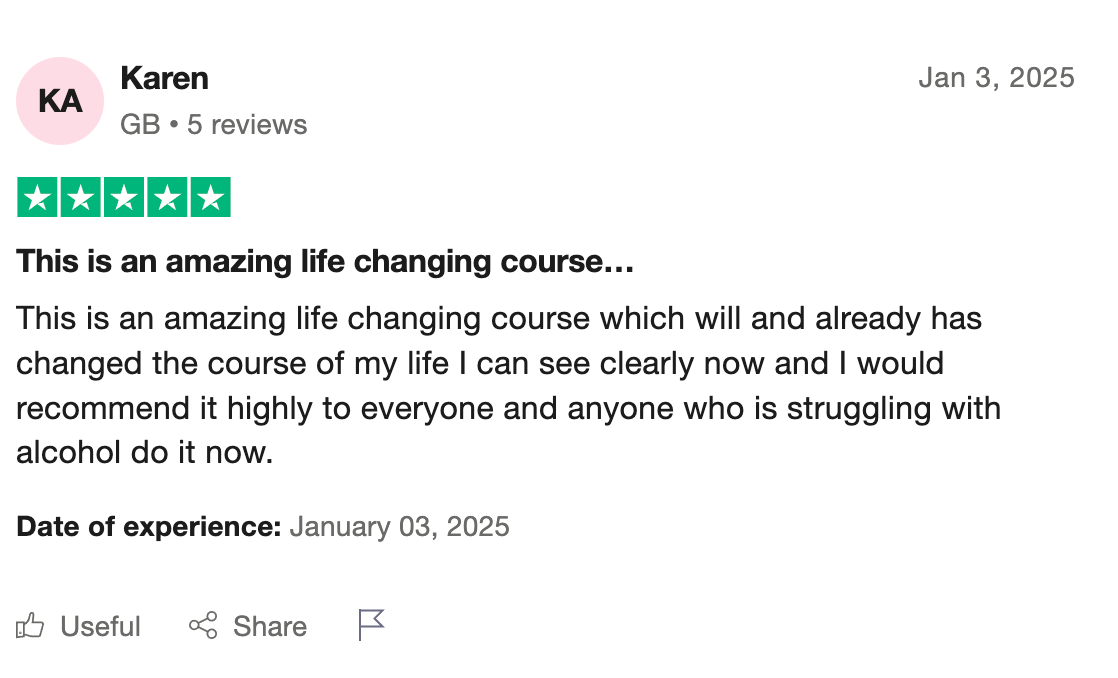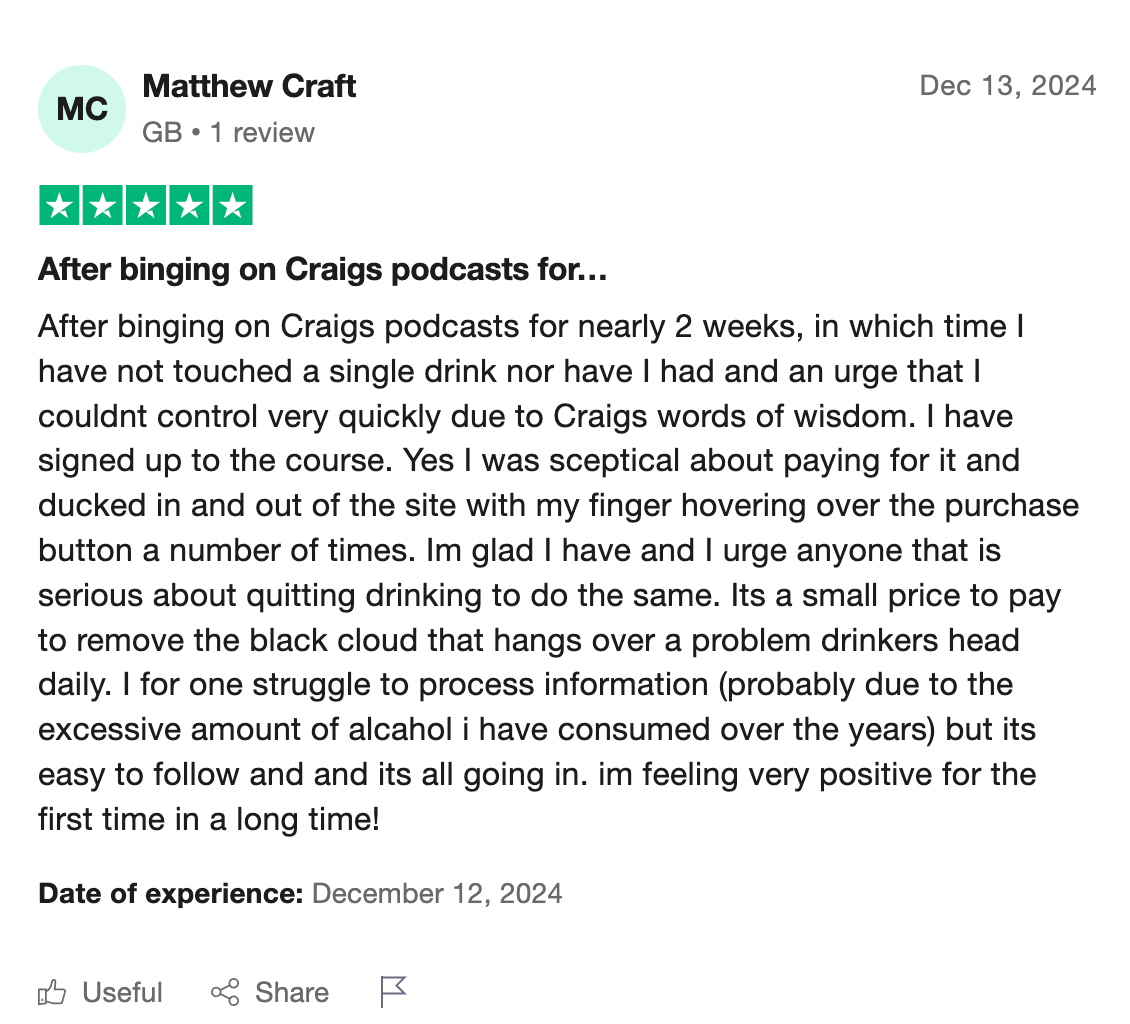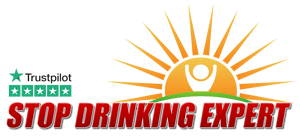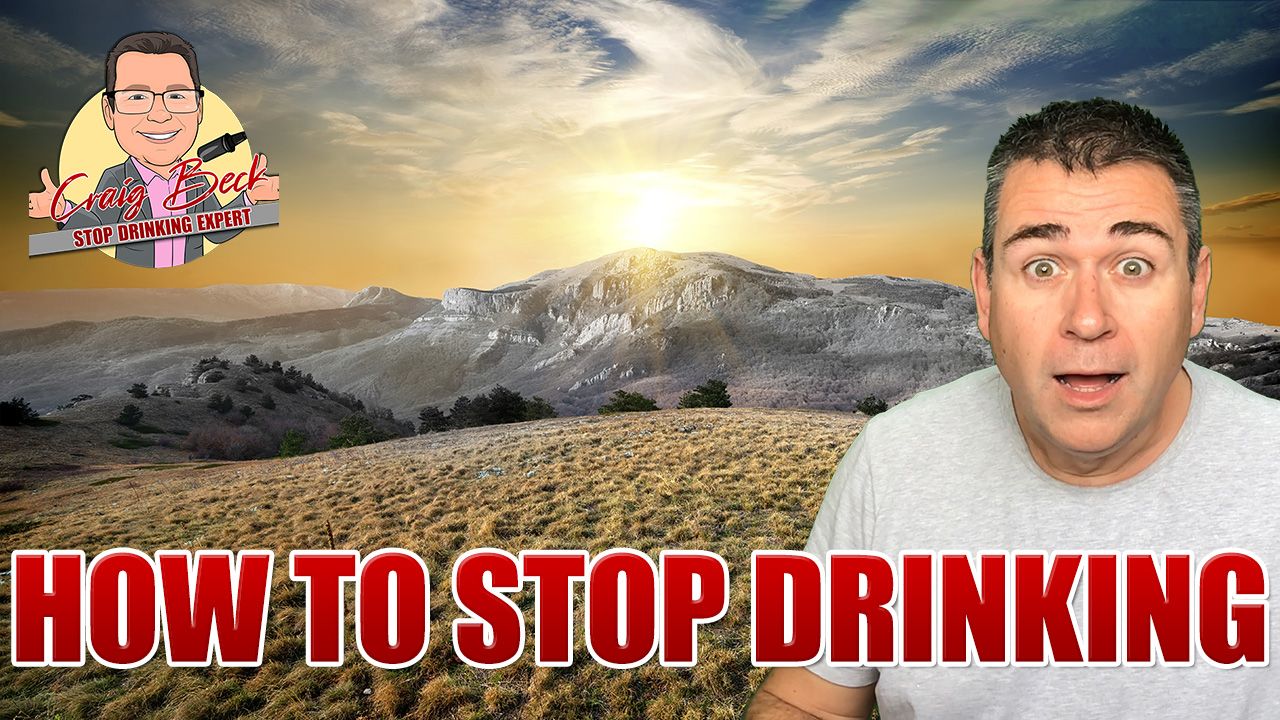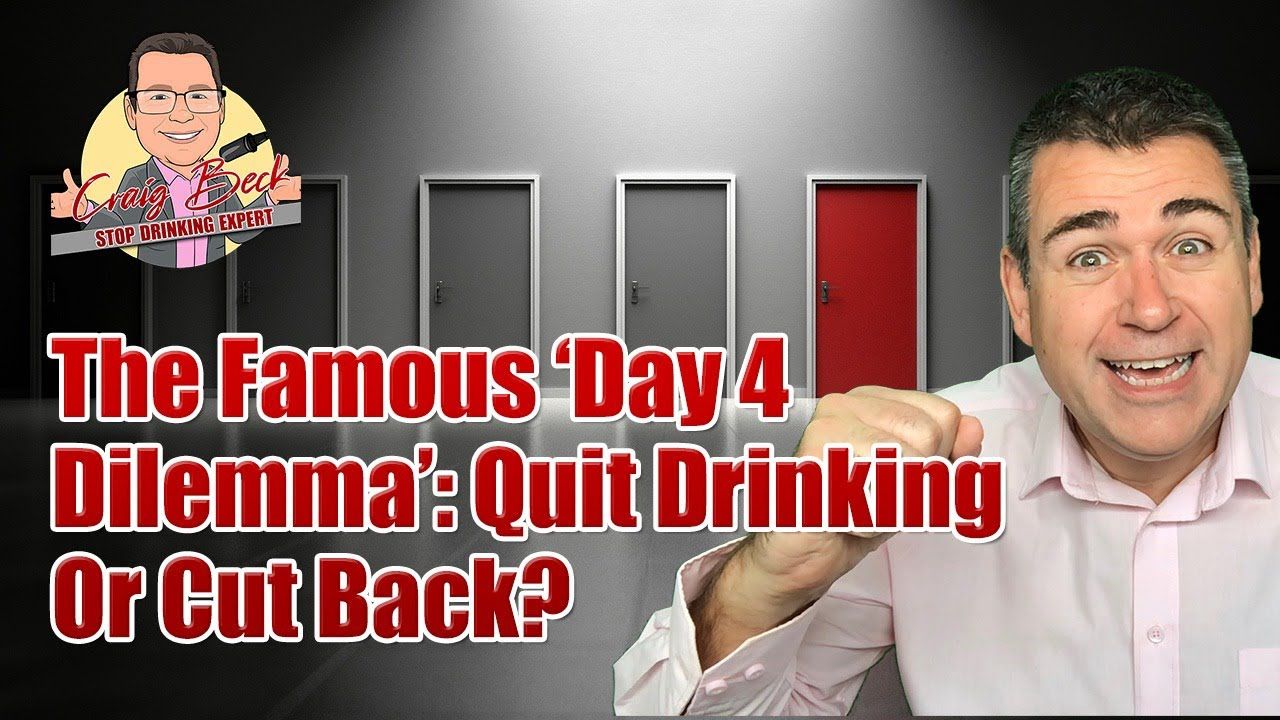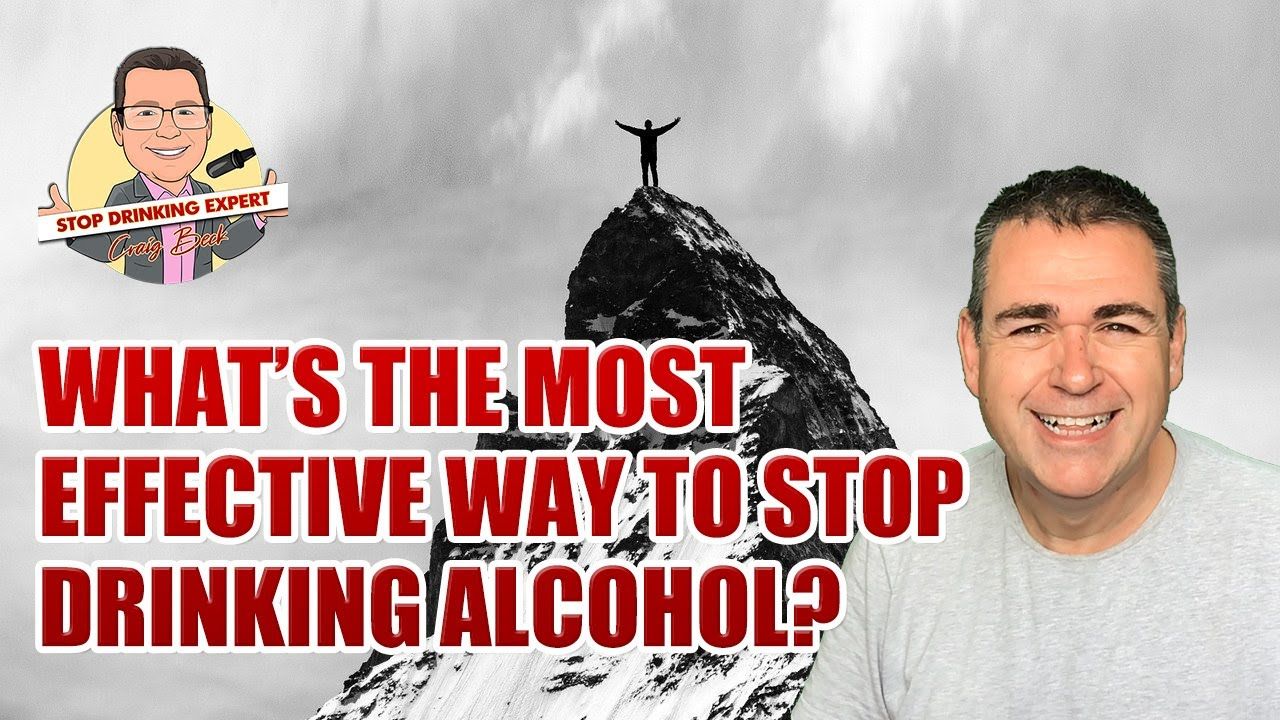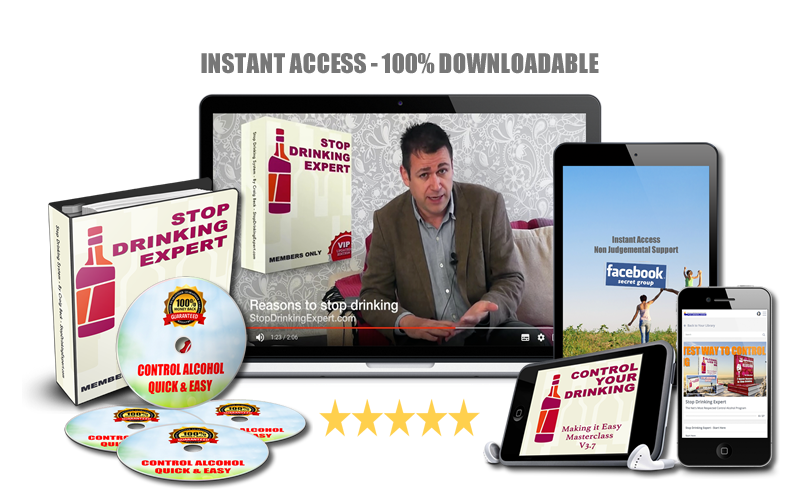Are You Drinking Wine To Cope
On a Tuesday evening the cork pops and the glass glugs full and you tell yourself that you deserve it. The day at work felt like a marathon made of quicksand yet here comes a ruby reward swirling in crystal. You take a sip and the shoulders loosen a notch. Nothing about this tiny ritual seems extreme. Millions do exactly the same every night affirming that grape juice has matured into liquid relaxation. Still a small voice whispers a question you keep dodging. Does this nightly wine actually soothe or silently stack tomorrow’s troubles?
Stress used to involve tigers at the cave entrance. Now it arrives in crowded inboxes awkward meetings doom-scrolling news feeds and spinning to-do lists. You reach for wine because it is legal easy and socially applauded. Friends laugh that it is grape therapy. Marketers cloak it in vocabulary that sounds cultured so no alarm bells ring. Yet beneath the cabernet blush lurks ethanol the very same substance powering spirits you label as hard. The brain cares little about sophisticated labels; it interprets only chemistry.
After that first glass a mellow fog rolls in. Emails fade the kids’ homework chaos dims and even the ache in your lower back purrs. The relief feels priceless. Actually it is anything but free. Your liver works overtime stripping toxins. Your heart rate edges higher through the night disrupting deep sleep so you wake feeling as though someone swapped your batteries for cheap knock-offs. To fix the fatigue you pour another glass the next evening. The loop clicks shut like a velvet lined handcuff.
Because society frames wine as heart healthy many drinkers never spot the trap. Early studies suggested red wine’s antioxidants protected arteries. Later science revealed the picture was far less rosy. Benefits appear only at very low levels far below what most stressed professionals pour. Meanwhile risks rise in a straight line with each top up. That is a mathematical way of saying the danger grows every single time you refill.
The Mask That Wine Wears
Look around the restaurant and you will see the mask in action. Couples clink glasses portraying romance yet sometimes hiding resentment. The solo diner nursing a bottle may appear sophisticated but perhaps battles loneliness the size of the Grand Canyon. When you treat stress with wine you treat only a symptom not the cause. It is like painting over damp walls without fixing the roof; the damp returns only bigger. Stressors pile up the glass count follows and suddenly what once felt like harmless comfort looks a lot like dependence.
Your body keeps score. The National Institute on Alcohol Abuse and Alcoholism warns that even moderate regular drinking can hike blood pressure and weaken the immune response. Women face higher danger because they metabolise alcohol differently leaving toxins circulating longer. Men are not spared either. Erectile dysfunction creeps in disguised as fatigue. Neither gender wins the bargain. Yet marketing keeps serving polished images that scream sophistication while hospital wards quietly mop up the aftermath.
Wine also tangles brain chemistry. It boosts gamma-aminobutyric acid briefly silencing anxious chatter. Because the brain loves balance it later cranks up adrenaline to compensate. That rebound can leave you more on edge the next morning than before the first sip. It is like borrowing calm from tomorrow at an outrageous interest rate. Eventually tomorrow demands full payment through jitters headaches brow-beating guilt or all three.
If any of this resonates you are not alone. A growing wave searches the net at night using phrases such as “why do I drink to unwind” and lands on pages like this honest look at drinking to escape reality. The clicks tell a story. Folks are questioning the cultural narrative because personal evidence no longer matches the glossy brochure.
Stress Does Not Disappear It Adapts
Imagine stress as a cunning shapeshifter. Remove one trigger and it finds another costume. When you pour wine onto stress you do not dissolve it; you teach it to bide its time. Tomorrow the inbox still overflows and the meeting still demands courage. Now you carry dehydration foggy focus and mild shame into the fray. The stress monster grins because its job just became easier.
Researchers at University College London examined over twenty thousand adults and found that those using alcohol to cope were twice as likely to develop dependence within three years. That figure may feel abstract until you recall it could have your postcode attached. Dependence rarely starts with a dramatic binge; it creeps in through repeated tiny acts that feel justified. Tonight one glass becomes two because the spreadsheet crashed. Next week two becomes three because your boss questioned quarterly targets. The slide is quiet but relentless.
The financial hit is no joke either. A bottle of mid-shelf wine each evening costs more than many gym memberships yet erodes the very health you might gain from exercise. Add lost productivity taxi fares to avoid driving and potential medical bills and the habit morphs into an expensive hobby that gives no loyalty points.
You might wonder whether quitting will dump you into social exile. Truthfully the first few gatherings feel awkward. Friends wave their glasses like flags of normality. Some will jest that you are no fun. Smile. You are playing the long game. Within weeks clearer skin lush sleep and genuine energy speak louder than any mockery. Curiosity replaces judgement. People secretly trapped by their own glass towers will seek your advice.
Interrupting The Spell
Breaking the wine-stress pact begins with brutal honesty. Keep a diary for a fortnight. Record each pour plus the emotion that triggered it. No condemnation just data. Patterns emerge faster than you think. Perhaps boredom spikes at eight in the evening or work drama at four. Knowledge creates space between impulse and action. In that space you can slide new strategies such as a brisk walk peppermint tea or a phone call to someone who fuels laughter rather than liver enzymes.
Next build a toolbox. Mindful breathing may sound airy-fairy yet elite athletes swear by it because it calms the autonomic nervous system within seconds. Progressive muscle relaxation turns tension into putty. Exercise floods neurons with endorphins wine could never synthesise. When these tools feel clunky and definately awkward remember the first time you tried to ride a bicycle. Wobbles were inevitable until muscle memory kicked in. Persistence crafts proficiency.
Community adds rocket fuel. Online groups flourish where anonymity meets empathy. Visit forums share victories and stumbles and notice how stories echo yours. Offline find a yoga class or a book club that meets in a cafe rather than a bar. You rewrite your social script one scene at a time. Over months you create a lifestyle that no longer needs constant sedation.
If temptation still prowls there is no shame in professional help. Cognitive behavioural therapy dismantles thought loops that shout I need wine. Medicines like naltrexone can blunt cravings while you forge new routines. Seeking support is not weakness; it is strategy. Commanders win battles by calling reinforcements not by swinging swords alone.
Your Heart Versus The Pour
Many cling to the myth that wine guards the cardiovascular system. Reality bites harder. A meta-analysis in the Journal of the American College of Cardiology concluded that risk of atrial fibrillation climbs steadily with each daily drink. That flutter may feel harmless until it triggers stroke or heart failure. You would not loosen a wheel nut on the motorway yet nightly drinks loosen your heart rhythm with similar peril.
The American Heart Association notes that binge patterns are rising among professionals aged thirty to fifty. Stress plus disposable income breeds a perfect storm. Yet every storm ends when the pressure drops. You control that barometer more than you think. Swap wine for water herbal tea or alcohol-free alternatives and your resting heart rate can improve within weeks. Blood pressure follows suit giving your arteries the reprieve they begged for.
Consider reading the deep dive on the hidden strain on your heart if you crave more science. Numbers possess a peculiar power to pierce denial. So does personal evidence. Take baseline measurements now then track again after one month alcohol-free. The data rarely lies though friends might.
Weight loss appears without crash diets because alcohol is liquid energy with no satiety. Sleep deepens because your brain finally cycles through restorative stages uninterrupted. Morning fog lifts revealing colours in the sky you forgot existed. Simple pleasures like reading a book develop a new sparkle because attention spans regenerate. This is not hype. Ask any of the thousands who have graduated from the Stop Drinking Expert program.
Stories From The Other Side Of The Glass
Emma a graphic designer used to finish half a bottle while polishing client mock-ups. She believed it sharpened creativity. After a panic attack she downloaded the free book Alcohol Lied To Me. Within thirty days her imagination surged like a spring tide and deadlines felt less vicious. Tom a paramedic quit after realising his reflexes dulled during night shifts. He swapped wine for sparkling water and burpees. His response times improved and his mood climbed. These tales are not unicorn dreams; they are everyday victories.
You may fear losing the ritual the clink the swirl the first sip. Rituals can be replaced. Try lighting a scented candle while pouring chilled pomegranate juice into your favourite glass. The sensory twist fools the brain then trains it to crave something different. Within a fortnight the new pathway strengthens like a fresh trail through a meadow.
One concern often whispered is solitude. Wine felt like company. Yet solitude can blossom into creativity music books or dance if you allow it. Silence is not emptiness; it is a canvas. Fill it with pursuits that nudge your life forward. Take an online language class learn to juggle plan that hiking trip. Progress sparks dopamine far cleaner than alcohol ever could.
When gloom tries to gate-crash remember recovery is rarely a straight line. A stumble does not erase steady miles walked. Pick up the diary analyse the trigger and resume. Astronaut Chris Hadfield said there is no problem so bad you cannot make it worse by panicking. Apply that wisdom. Stay calm course-correct and keep moving.
The Invitation You Deserve
You have scanned these words perhaps nodding perhaps arguing silently. Either way curiosity led you here. Do not let it fizzle. Download your complimentary copy of the bestselling guide Alcohol Lied To Me at StopDrinkingExpert dot com today and discover strategies that ignite change. Thousands have used those pages to trade restless nights for radiant dawns. Your journey could begin before the next cork pops. Open a new chapter not another bottle.
While there explore supportive pieces such as why drinking alone erodes resilience and feel the weight of isolation lighten. Your future self already smiles at the possibilities. Will you join them?
- Drink less alcohol
- Benefits of quitting drinking
- Sober Christmas day
- Right side abdominal pain
- Life gets better
Meta description: Stressed and reaching for wine each night? Discover why that glass may feed anxiety and learn simple tools to reclaim calm health and bright mornings. Grab your free copy of Alcohol Lied To Me now at StopDrinkingExpert dot com.
References
- World Health Organisation. Global status report on alcohol and health. 2018.
- Chao X et al. Alcohol and cardiovascular disease. Journal of the American College of Cardiology. 2023.
- Moore R & Burgard S. Coping motives predicting alcohol use disorder risk. Alcohol Research. 2022.
More Help From The Sobriety Blog
Does this sound familiar?
- Drinking to escape stress and to cope with the pressures of life?
- Waking up full of guilt and regret that you drank again last night despite promising that you wouldn't?
- Hiding alcohol or the evidence of your drinking?
- Feeling like you are living a double life because of your drinking?
- Creating silly rules to try and control your drinking (e.g., I will only drink on special occasions)?
The good news is that you are not alone; the better news is that I can help.
Meet Craig Beck, The World's Most Respected Sobriety Coach
Craig Beck, better known as “The Stop Drinking Expert”, turned a 20-year battle with alcohol into a roadmap for lasting freedom. The bestselling author of Alcohol Lied to Me and The Sobriety Secret discovered that traditional routes like Alcoholics Anonymous can feel embarrassing, public, and all too often, entirely ineffective.
His method is different. It shows you:
- Why you drink in the first place—the hidden brain loops alcohol hijacks.
- How to switch off cravings before they even start.
- A willpower-free exit plan you can follow privately, at your own pace—no labels, no awkward meetings, no medication.
Hundreds of thousands worldwide now wake up clear-headed, proud and at peace thanks to Craig’s approach. Will you be the next?
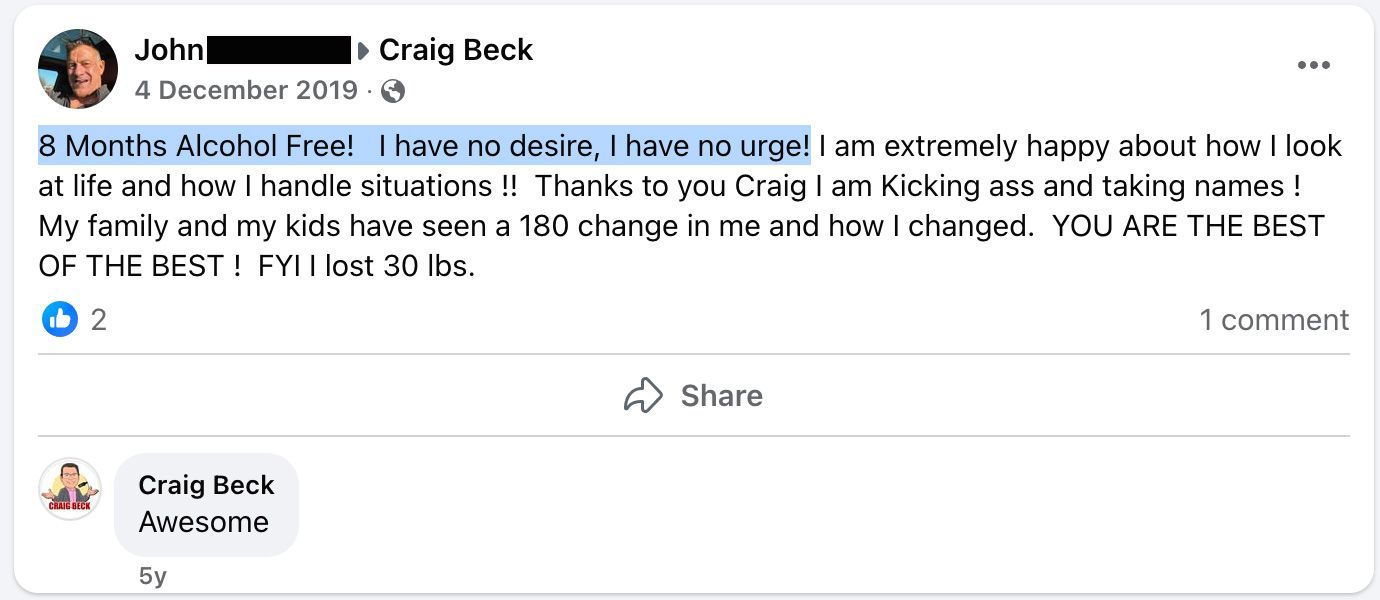
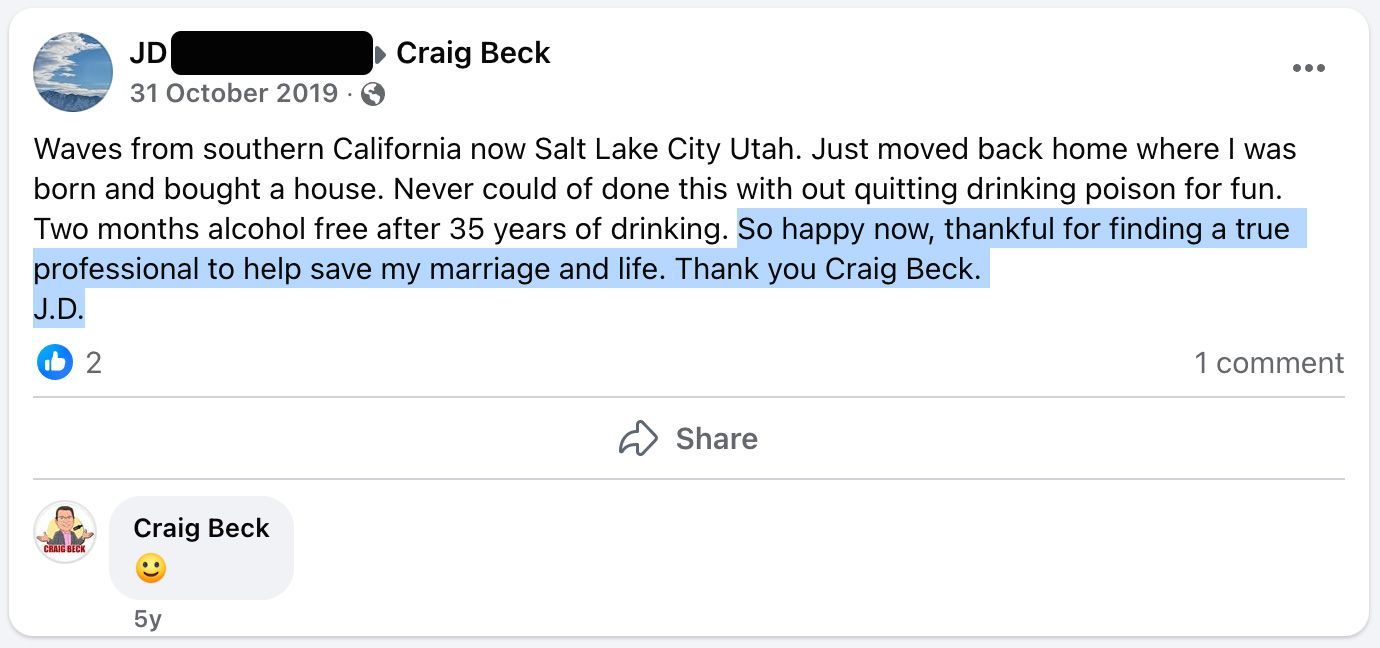
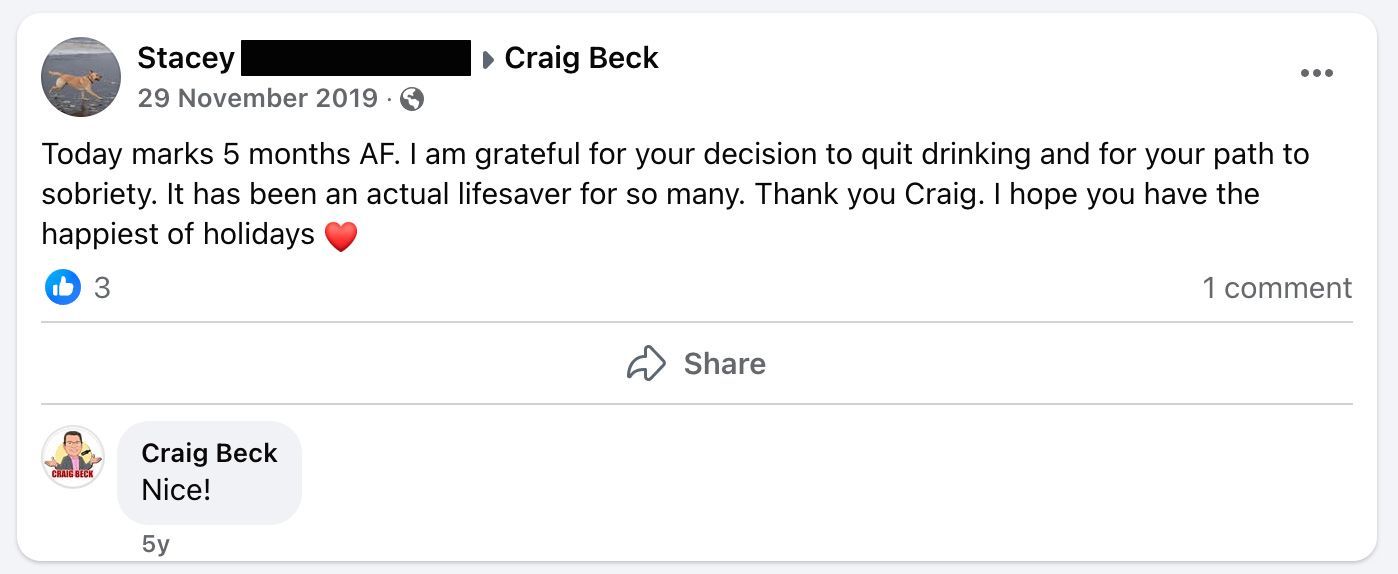
"Effortless Sobriety: The Proven Path to End Problem Drinking"
No one likes asking for help with their drinking—it feels personal and heavy. But if willpower alone hasn’t worked, it’s not because you’re weak. Research indicates that relying solely on grit is unsuccessful approximately 95 percent of the time. You’ve simply been using the wrong tool for the job.
Download my free ebook or decide now get started with the full course and learn:
- Why the game is rigged: how alcohol rewires your brain chemistry and makes “just trying harder” almost impossible.
- A science-based exit plan: practical steps that work quickly, privately, and on your terms.
- No awkward meetings or risky meds: forget the gimmicks—this is about smart strategy, not shame.
`Are you ready to step onto solid ground? Get off the fence, take action, and start taking back control—quickly, confidently, and without the struggle.
Over 250,000 Happy Sober Clients Can't Be Wrong:






